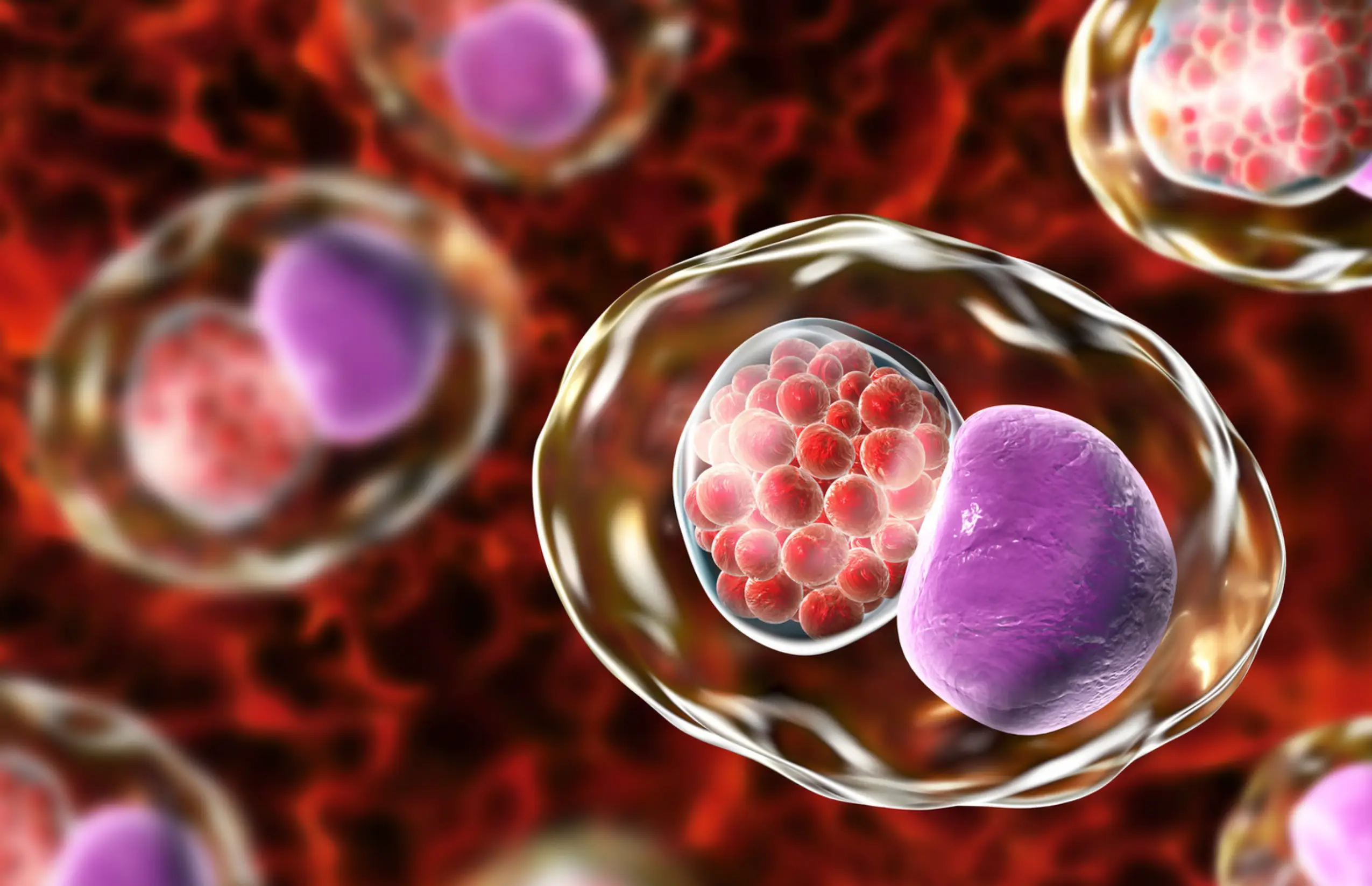The Ageing Puzzle: Unraveling Cellular Complexity
Ageing is characterised by a gradual decline in cellular function, leading to an increased susceptibility to diseases, reduced tissue regeneration, and overall deterioration in physiological processes.
One central factor contributing to this decline is the reduction in the levels of Nicotinamide Adenine Dinucleotide (NAD+), a coenzyme crucial for various cellular processes. NAD+ plays an essential role in energy metabolism, DNA repair, and gene expression regulation.
As NAD+ levels decline with age, a cascade of events is set in motion, leading to compromised cellular health and increased vulnerability to age-related diseases.
NMN: A Precursor to NAD+
Nicotinamide Mononucleotide (NMN) has emerged as a potential player in the battle against aging due to its role as a precursor to NAD+. NMN is a molecule that the body can convert into NAD+, thereby replenishing the diminishing NAD+ levels. By increasing NAD+ levels, NMN has the potential to counteract some of the key drivers of ageing, offering a novel approach to promoting cellular health and longevity.
The Role of NMN in Cellular Health
Energy Production and Mitochondrial Function:
Mitochondria are the powerhouses of cells, responsible for producing energy in the form of adenosine triphosphate (ATP). The decline in mitochondrial function is closely linked to ageing and age-related diseases. NMN’s ability to boost NAD+ levels can enhance mitochondrial function, promoting efficient energy production and potentially delaying the onset of age-related energy deficits.
DNA Repair and Maintenance:
Accumulated DNA damage is a hallmark of ageing, contributing to cellular dysfunction and disease development. NAD+-dependent enzymes called sirtuins play a critical role in DNA repair processes. By replenishing NAD+ levels, NMN could support the activity of sirtuins and enhance the cell’s ability to repair damaged DNA, ultimately contributing to improved cellular health and longevity.
Inflammation and Immune Response:
Chronic inflammation is a key factor in the ageing process and the development of age-related diseases. NMN’s impact on inflammation is twofold: it can suppress the activation of pro-inflammatory pathways and enhance the function of regulatory T cells, which play a vital role in dampening excessive immune responses. By modulating inflammation, NMN may help maintain a balanced immune system and delay the onset of chronic inflammatory conditions.
Neuroprotection and Cognitive Function:
Neurodegenerative disorders such as Alzheimer’s and Parkinson’s are closely associated with ageing. NMN’s potential to enhance NAD+ levels in the brain may provide neuroprotection by supporting neuronal energy metabolism, reducing oxidative stress, and promoting synaptic plasticity. These effects could contribute to improved cognitive function and a reduced risk of neurodegenerative diseases.
Conclusion
The relationship between NMN and cellular health offers a promising avenue for addressing the intricate puzzle of ageing. By replenishing NAD+ levels and influencing key cellular processes, NMN has the potential to mitigate the decline in cellular function that accompanies ageing. The impacts span from enhanced energy production and DNA repair to inflammation modulation and neuroprotection.
As researchers continue to explore the mechanisms underlying NMN’s effects on cellular health, we inch closer to understanding the ageing process at a fundamental level. The journey from laboratory discoveries to practical applications in human health is ongoing, and the knowledge gained from NMN research could hold the key to unlocking novel strategies for extending healthy lifespans and promoting overall well-being.

